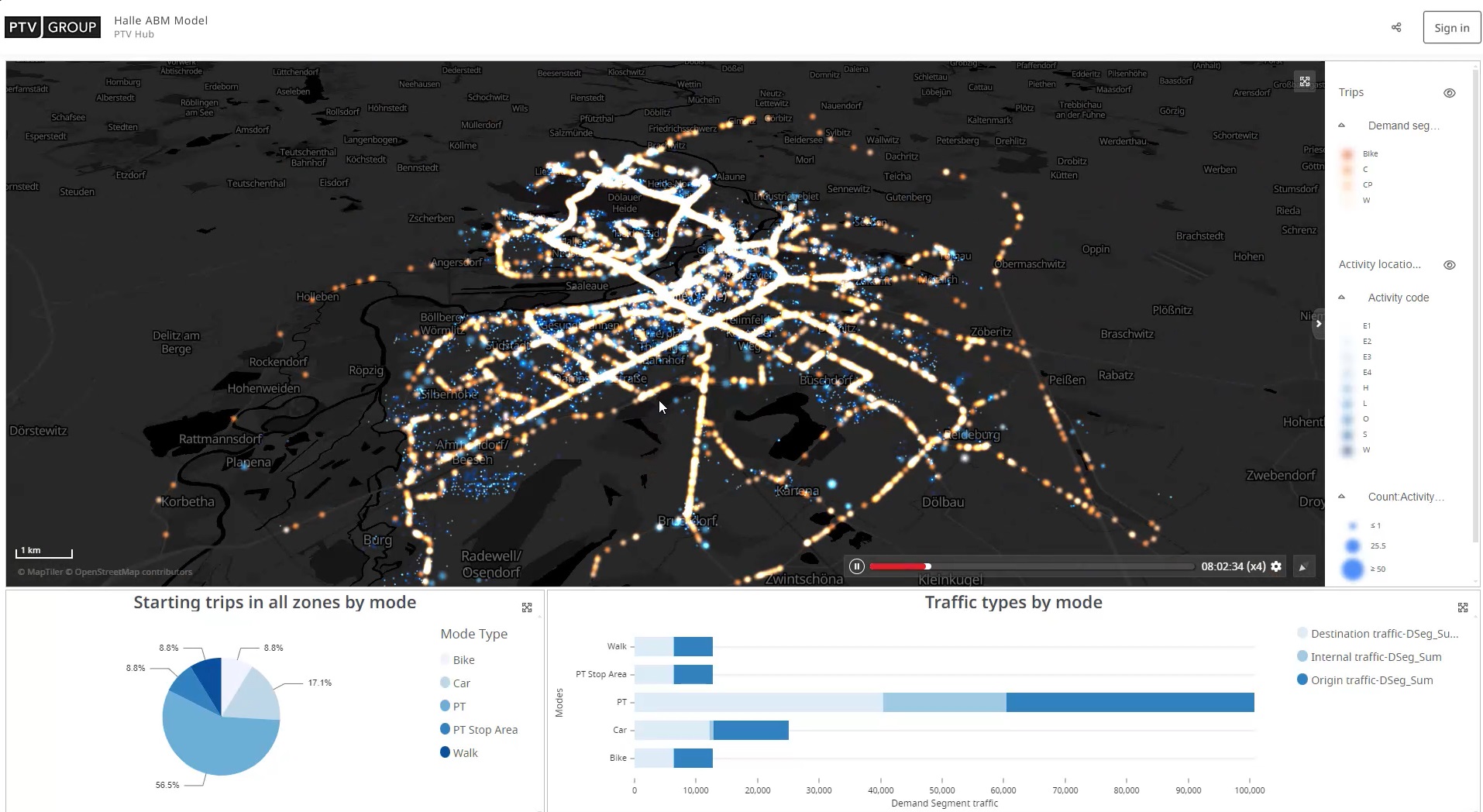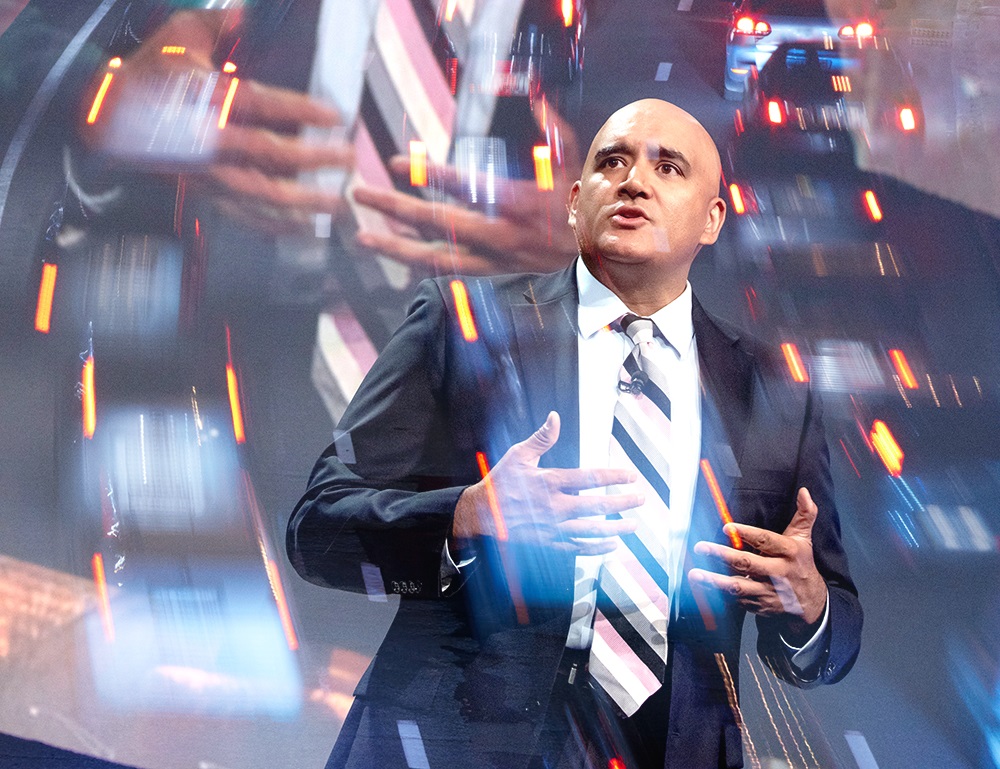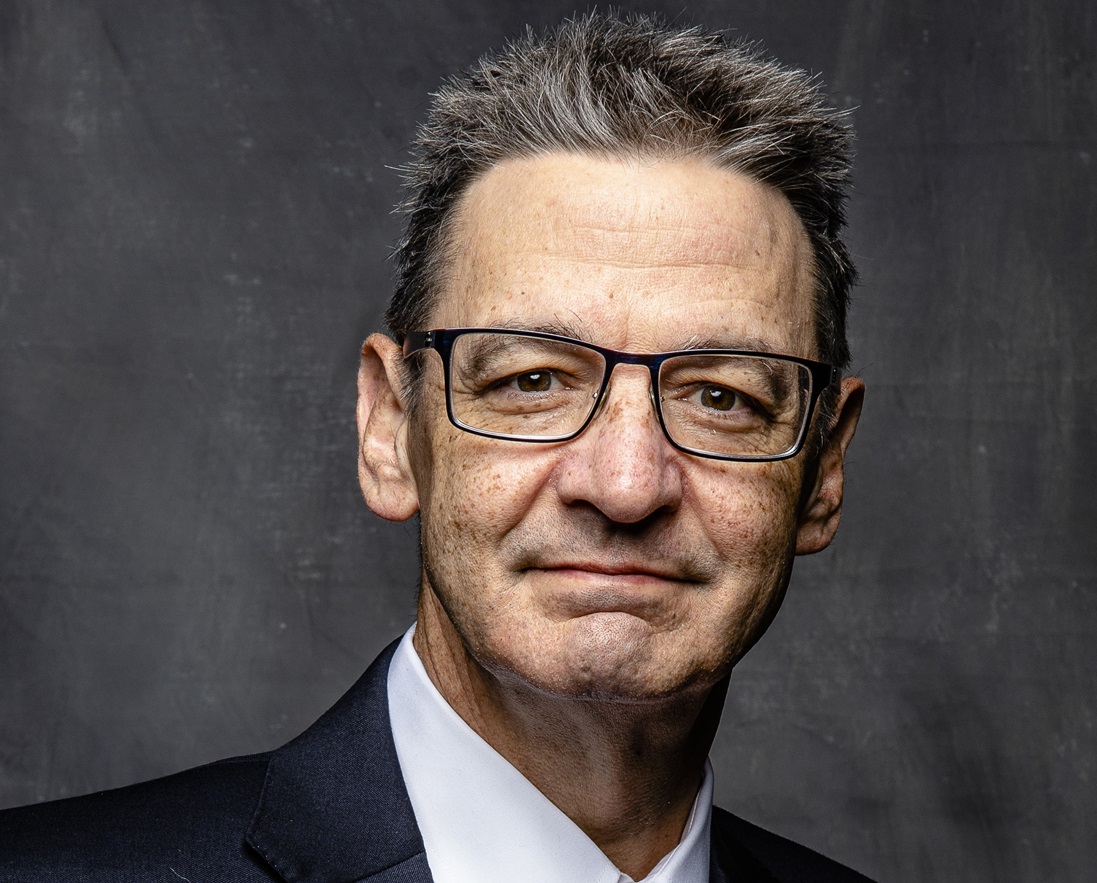
Industry legend Pat Jones is retiring: after two decades as executive director and CEO of IBTTA, he steps down on 31 December. What will he be thinking on his final day in post? “I think it will be a mix of feelings, of melancholy and gratitude,” he admits. “I’ll certainly be thinking about the people I've grown close to over the years. I never could have imagined - when I started this job in January 2002 - that I would have had as many interesting experiences, and had the opportunity to stretch and grow - and help other people, perhaps, to stretch and grow. So, yes, a great feeling of gratitude.”
It has been a long road: Jones had roles in transportation before IBTTA, working for American Trucking Associations and the American Public Transportation Association, but can trace his interest in tolling back further than that. His father was a civil engineer and worked on the New Jersey Turnpike; as a child, Jones remembers family drives from Connecticut to Southern New Jersey, taking the Garden State Parkway.
“If people feel included and have a sense of belonging, then good things can happen”
“We’d stop periodically on the way. I don't know how frequently - every 10 or every 20 miles - and my dad would toss the coin into the basket, and we were on our way. So from an infant, I have been a passenger in cars that have been on toll roads.”
Jones took over from Neil Schuster, who was IBTTA’s much-loved boss from 1985 to 2001. “I knew that the staff had a strong attachment to him,” Jones recalls. “And anytime you have a change in leadership, people feel uncomfortable. So I opened [my first] staff meeting by saying: ‘Look, I know you've got some thoughts and feelings and reflections about Neil, and I'd like to hear them’. So they did, and I thought that was a good beginning; and based on that foundation, we could begin to look to the future and chart a course and a vision ourselves.”
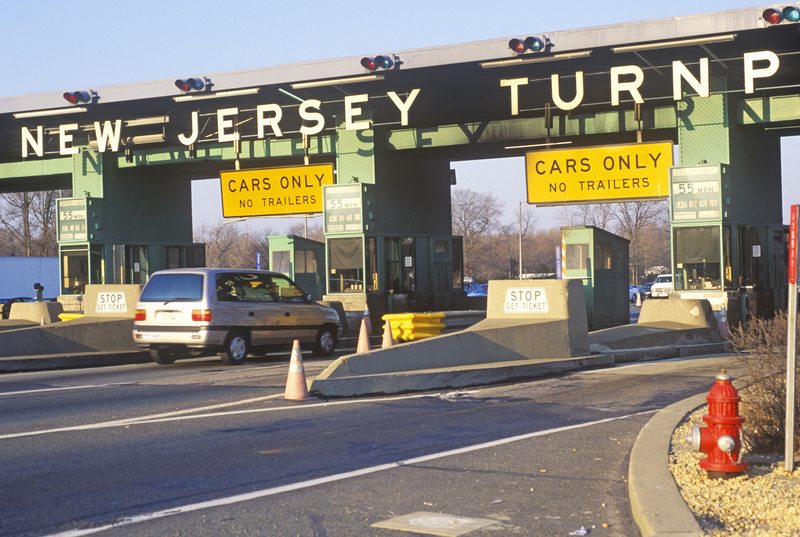
Guiding principle
That idea of inclusion has typified Jones’ approach to the role ever since. For example, in his opening address at IBTTA meetings he makes a point of welcoming first-time attendees. “I guess ‘hospitality’ would be the word that that sticks with me about what I bring to IBTTA,” he continues. “And I think it's all about trying to create an environment in which good things can happen. So I guess my spirit of hospitality, of welcoming the first-time attendees, is a way to get at that.”
Members can also see that getting involved and making a difference in areas that interest them is encouraged – and this has led to a growth in the number of committees under the IBTTA umbrella. No-one can be coerced into setting one up; instead, Jones sees his role as “continuing to invite people to do things”.
He dates the change to around 2019, when a group of IBTTA young professionals gave a talk to the board of directors in which they said they wanted to be on the programme at IBTTA events: “We need to mix things up.”
"It's really opened my mind a lot to people who are disregarded in society"
“So at any rate, people started coming out of the meetings and saying: ‘Alright, let's do this Young Professionals thing’; and then, Women in Tolling: ‘We've got a voice, let's get together here’. We've been doing the Leadership Academy since 2008 and [people said] ‘let's actually get some of the alumni together and have some activities’.”
Committees, councils and task forces on Sustainability and Resilience, Road Usage Charging, Toll Revenue Assurance and Diversity, Equity & Inclusion followed. “People started finding challenges and opportunities that they wanted to focus on – and we got a lot more participation,” Jones says. “What I've attempted to do is create an environment in which people can be successful, in which people can experiment, and innovate, and learn, and try new things.”
Comfort zone
This spirit of inclusivity stretches into other areas. “It’s about expanding people's comfort zone and mine as well,” he continues. “I am intensely curious about a lot of things, and I've learned a lot about many different things since being at IBTTA. And one of the things that I've been awoken to is the whole diversity, equity and inclusion topic, and which we started as an association with vigour in 2020 after George Floyd was murdered. And it's really opened my mind a lot to people who are disregarded in society, people who are marginalised, people of colour, the poor, the economically disadvantaged, the physically challenged - and we've got a lot of work to do. So if I can challenge people and challenge myself about those kinds of things, I think it's important to do.”
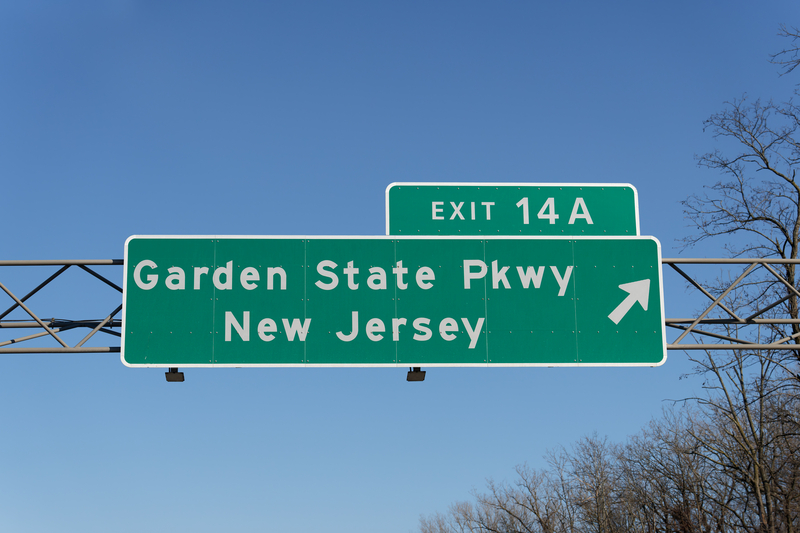
Like Frank Sinatra, in the famous song, if Jones has had regrets in his time at IBTTA, they’re too few to mention. “I'm very pleased that, before I left IBTTA, we introduced the Open Space concept at our meetings,” he says. These are free-flowing sessions where the participants create and manage the agenda themselves around a central theme – something that can seem daunting but which can also unleash creativity. The worst that can happen is that people just leave without saying anything. “I thought about it for years,” Jones goes on. “How do I bring this to IBTTA? And, you know, I would discuss it with other staff, and they sort of looked at me like I had lobsters coming out of my head. And then last year, I finally decided, let's for God's sake try this thing.” He eventually took the plunge “with perhaps the toughest audience of all - the CEO roundtable”.
It was nerve-wracking. “I consulted a lot of people who are experts in Open Space, and I read a lot about it, and got a lot of advice,” he says. “And I decided, look, this is going to be a success no matter what happens. I mean, if it's a catastrophic failure, I will be able to say, at least we tried this thing, right? So I made up all my flip charts and my pictures of butterflies and bumblebees and all this kind of stuff, and posted it in the room, hours before the event happened, and I just sat there and I thought: it's either gonna work or it's not gonna work. It's out of my hands now - but we are going forward, you know, pedal to the metal. And by golly, they loved it. They absolutely loved it. And then I knew, all right, we can do this with a much bigger audience.”
‘Good things can happen’
This bigger audience was 150 sceptical people at the next meeting who, Jones assumed, were thinking: “Man, this thing is going to fall flat on its face.” He did the introduction, and for a while, nothing happened. “People are supposed to start getting up and writing things, and there was a long pause, you know, there was a long silence…and then people started getting up, you know, and it worked. So that's probably one of the proudest things I've done, and I would have regretted if we had not tried that,” he says.
Jones’ wife Mia recently sent him a picture of a poster from the second-grade school classroom where she works. “It’s a set of affirmations that's posted in the classroom, and it's four aspirations. It says: ‘I am unique, I am kind, I always try my best, and I am loved’. And the class, as a unit, reads those affirmations first thing in the morning every time they're in the class. And I thought, imagine what the world would be like if all of us read those affirmations first thing every day? Right?”
He smiles: “If people feel comfortable, if people feel welcome, if they feel loved, if they feel respected, if they feel included and have a sense of belonging, then good things can happen.”




